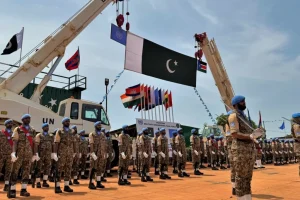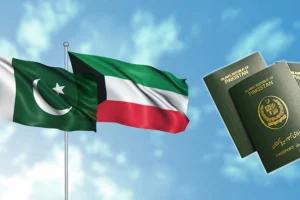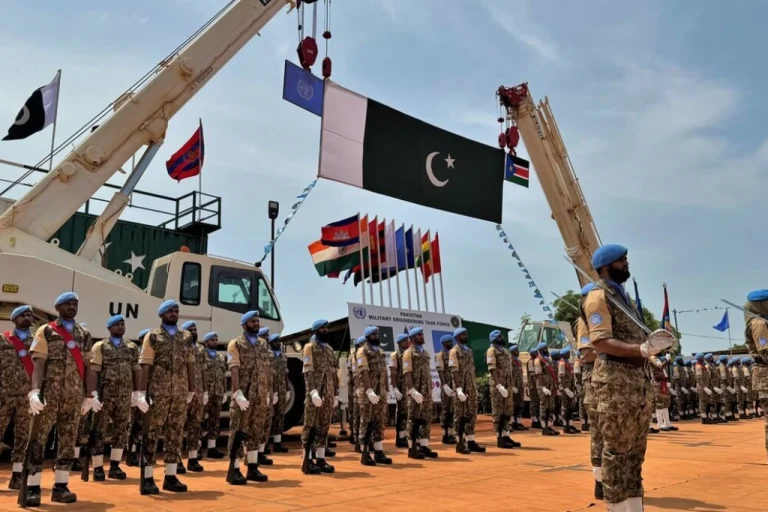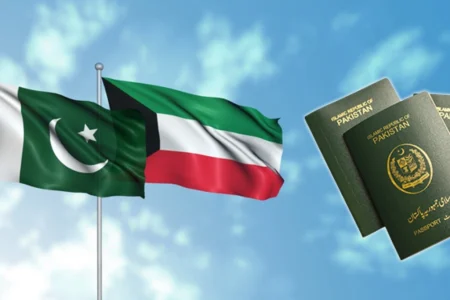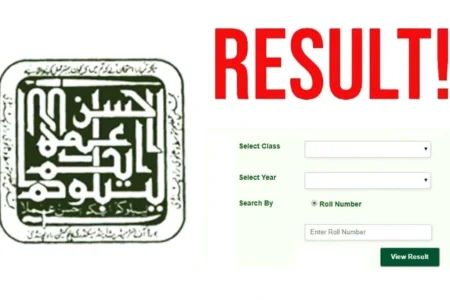When famine looms, millions are displaced, and peace talks hang by a thread, what does it say about a government that prioritizes buying weapons instead of food? Sudan’s recent $1.5 billion defense deal with Pakistan offers a sobering answer: war takes priority over people.
What’s in the Deal?
Sudan’s Military Industry Corporation signed a massive deal with Pakistan, including:
10 K-8 Karakorum trainer/light attack aircraft
20 Shahpar-2 UAVs, 150 YIHA-III UAVs, 50 MR-10K UAVs, 50 Ababeel-5 UAVs
150 ASV Mohafiz armored vehicles
Engines for MiG-21 fighter jets
HQ-9 and HQ-6 air defense systems
This is not a defensive shopping list.
The deal equips Sudan with tools that are likely to drag out an already devastating war. Drones and light attack aircraft, in particular, are often used in strikes that hit civilian neighborhoods, fueling deep concerns about more human rights violations ahead
The deal arrives amid one of Sudan’s worst humanitarian crises in decades. Almost 25 million people need aid, according to the UN, as famine risks grow daily.
Rather than channeling funds into food, medicine, and shelter, Sudan’s leadership has chosen to pour money into drones and armored vehicles. The same $1.5 billion could have secured healthcare, food supplies, and clean water for millions of people struggling to survive.
Sudan: Military Industry Corporation signed a $1.5B defense deal with Pakistan, reportedly financed by a third friendly country amid Sudan’s economic crisis. pic.twitter.com/9lP1q5reNl
— Clash Report (@clashreport) August 16, 2025
Who Is Really Paying?
Observers doubt Sudan can afford this deal alone. Its declared budget cannot sustain such expenditure, raising questions about a potential third-party funder,probably a foreign government with quite an interest in Sudan’s conflict. If true, this would mean Sudan is not only trapped in a civil war but also serving as a proxy battlefield for outside powers.
Pakistan’s Complicity
The agreement is spun as a big economic win for Pakistan. However, it only aligns the country with a military charge of committing human rights abuses and hindering peace efforts. This agreement is not the first one for Pakistan in which it exports arms to some African and Middle Eastern countries. Instead of improving Pakistan’s global image, it is likely to undermine its reputation as a responsible player in the field of global security.
The Turkey Factor
Pakistan’s growing defense partnership with Turkey adds another layer to the problem. Turkey has been a political and logistical supporter of Sudan’s military. With Pakistan supplying weapons and Turkey providing backing, the two are effectively enabling Sudan’s generals to opt for war instead of compromise.
An Assault on Peace and Regional Security
This agreement undermines the efforts of the African Union and the UN to broker peace, making it clear that Sudan’s generals are choosing weapons over dialogue. Even more troubling, it threatens to spread instability across East Africa and the Red Sea corridor, placing already fragile neighbors like Ethiopia, South Sudan, and others at greater risk.
Conclusion: Weapons don’t Feed the Hungry
The Sudan–Pakistan arms deal isn’t simply a transaction, it’s a declaration of intent. It tells millions of Sudanese civilians that when it comes to stockpiling drones and armoured vehicles, their hunger, displacement and suffering doesn’t matter. It tells the world that Pakistan is ready to make some money off a war, which not only threatens Sudan but the whole region.
How many more innocent people must die before the value of weapons is no longer placed over human life?

